১০ ফাল্গুন ১৪৩২
Appeal Verdict Date Announced to Restore Caretaker Government
11 November 2025 17:11 PM
NEWS DESK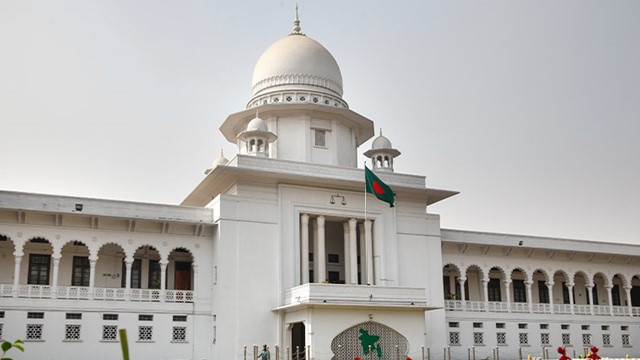
If the caretaker government system is reinstated, it will still not be used for the 13th national parliamentary elections, according to legal experts. They believe that if the system is used for the upcoming polls, it will give rise to constitutional complications.
The lawyers made the comments after the appeal hearing against the ruling that nullified the 13th Amendment to the Constitution, which introduced the caretaker government system for elections, concluded on Tuesday.
The Supreme Court’s Appellate Division – Bangladesh’s highest court – will announce its decision on the matter on Nov 20, reports bdnews24.com.
A full seven-member bench of the Appellate Division, led by Chief Justice Syed Refaat Ahmed, set the date for the verdict following Tuesday’s hearing.
The path to the return of the caretaker government system was previously opened when a High Court ruling nullified certain sections of the 15th Amendment that concerned the system.
Now, the Supreme Court's verdict on the 13th Amendment case will clarify whether the caretaker government system will return, and if so, when and how it will be implemented.
After hearing multiple review petitions against the ruling that scrapped the 13th Amendment, the full Appellate Bench granted permission for the appeal on Aug 27.
“In our current situation, it is not possible to implement it constitutionally,” said Shareef Bhuiyan, who represented Badiul Alam Majumdar, secretary of civil society platform Shushashoner Jonno Nagorik (SHUJAN) and petitioner against the 13th Amendment.
“Even if the caretaker government system is brought back, we don’t have the opportunity to implement it this time – which means in the 13th parliamentary elections. This is because, according to the Constitution, a caretaker government has to be formed within 15 days of parliament being dissolved. However, it has been over a year since parliament was dissolved.”
BNP Secretary General Mirza Fakhrul Islam Alamgir’s lawyer Ruhul Quddus Kazal as well as Jamaat-e-Islami lawyer Mohammad Shishir Manir echoed the same sentiments.
Asked about the court’s order on the matter, Shareef said: “To avoid confusion, the court can clarify the situation in its observations. Otherwise, it will give rise to differing interpretations of the court’s verdict. It may lead to a kind of unrest. If the court does not clarify, then that is what happens. To avoid such unrest and uncertainty, the court can give its own interpretation.
“There are some other pertinent matters that are fine even if the court does not settle them. For example, one question is whether it was legal for justice Khairul Haque to deliver the verdict after he went into retirement. We said that there is a lot of pressure on judges. If such a decision suddenly comes down, it could result in certain problems. But it is fine if the issue is not settled now.”
In 1996, under pressure from an opposition movement led by the Awami League, the then-BNP government passed the 13th Amendment in parliament, introducing the provision for a caretaker government.
During the Awami League government's term, three lawyers, including M Salim Ullah, filed a writ petition in the High Court in 1998, challenging the legality of that amendment.
Later, during the BNP government's term, that petition was dismissed on Aug 4, 2004, thus keeping the caretaker government system in place.
In 2005, the writ petitioners filed an appeal against the High Court's ruling.
Following the declaration of a state of emergency amidst a political crisis in 2006, the weaknesses of the system were brought into question after the appointed caretaker government remained in power for two years.
When the Awami League returned to power, the Appellate Division began hearing the 13th Amendment case on Mar 1, 2010.
In addition to the appeal petitioners and the state, eight top lawyers presented their arguments as amicus curiae.
They argued in favour of retaining the caretaker government system. Even then-attorney general Mahbubey Alam supported its retention.
Granting that appeal, the seven-member full Appellate Bench delivered a verdict on May 10, 2011, declaring the 13th Amendment of the Constitution void by a majority opinion. ABM Khairul Haque was the chief justice at the time.
Before the full verdict was published, the 15th Amendment to the Constitution, which included 55 amendments -- including the abolition of the caretaker government system -- was okayed by parliament on Jun 30, 2011. The president approved it on Jul 3 of the same year.
Following the political changeover, multiple review petitions were filed against the ruling that nullified the 13th Amendment.
On Aug 27 last year, a review petition was filed by Badiul Alam Majumdar, secretary of civil society platform Shushashoner Jonno Nagorik (SHUJAN), or Citizens for Good Governance, and four other civil society figures. On Oct 16 of the same year, another petition was filed by BNP Secretary General Mirza Fakhrul Islam Alamgir.





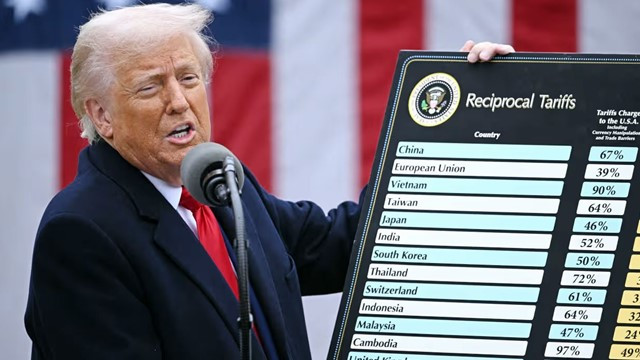
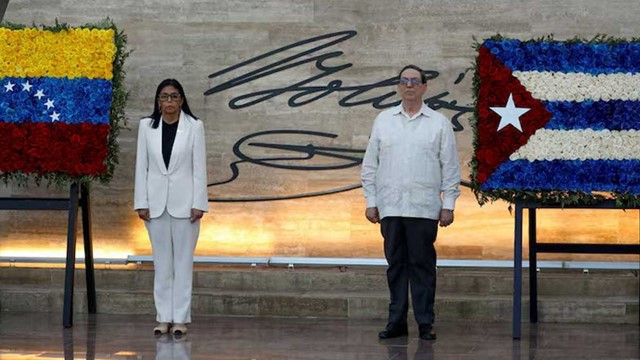

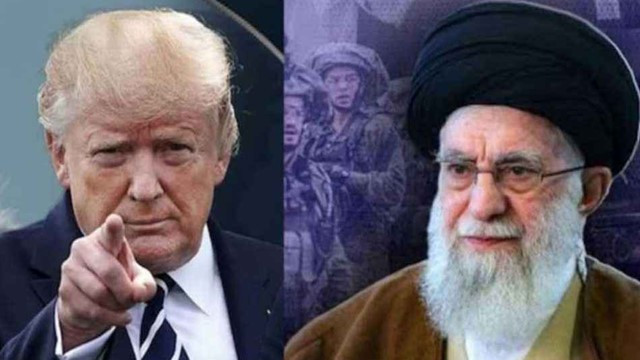
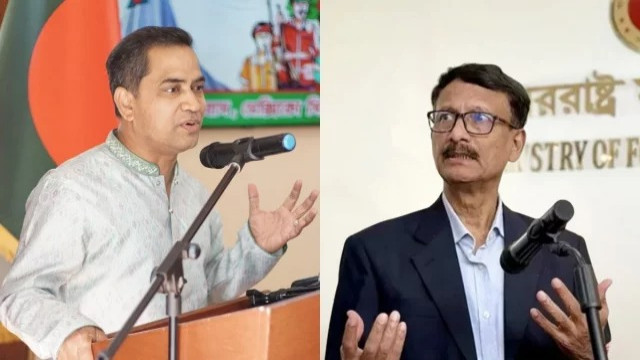
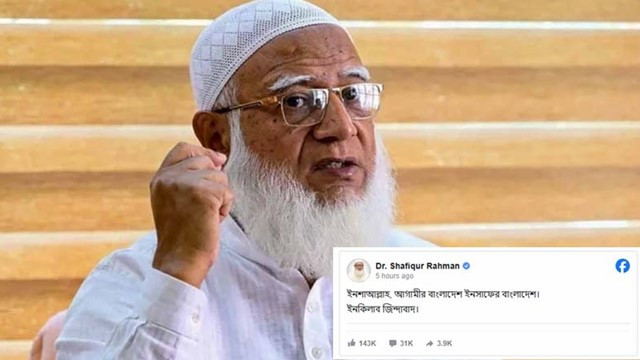

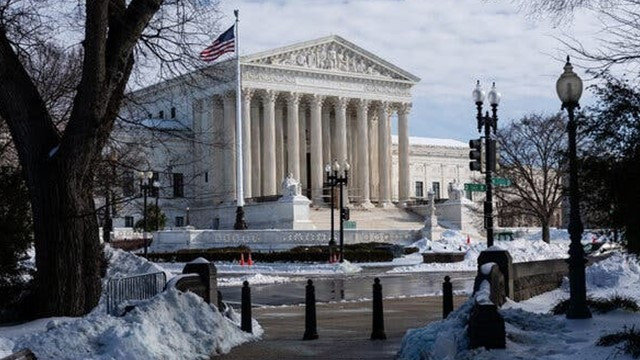
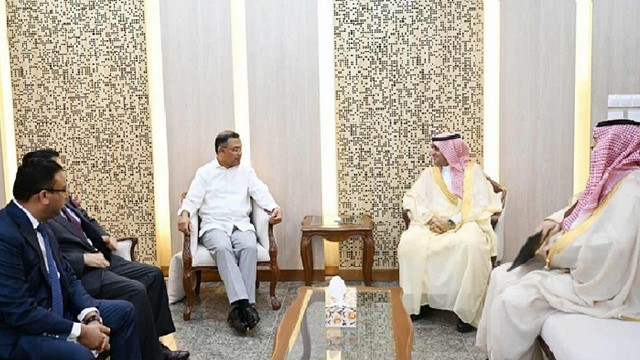

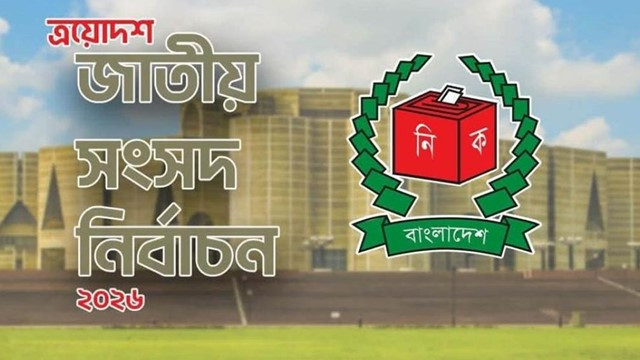
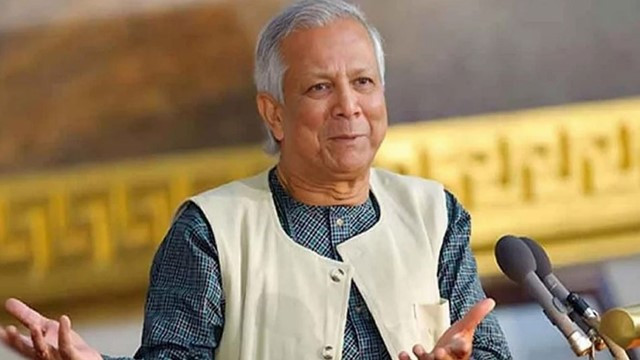
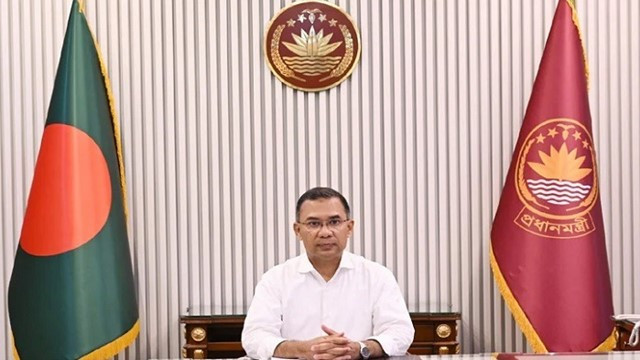
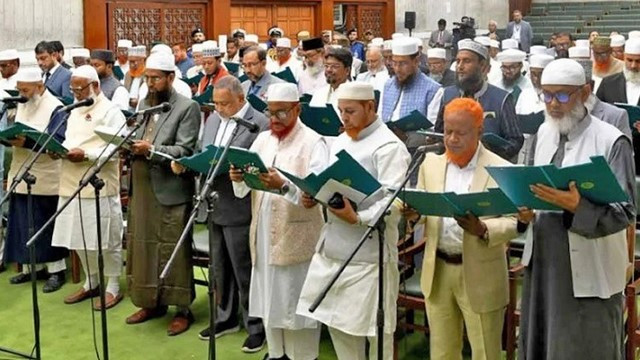
Comments Here: